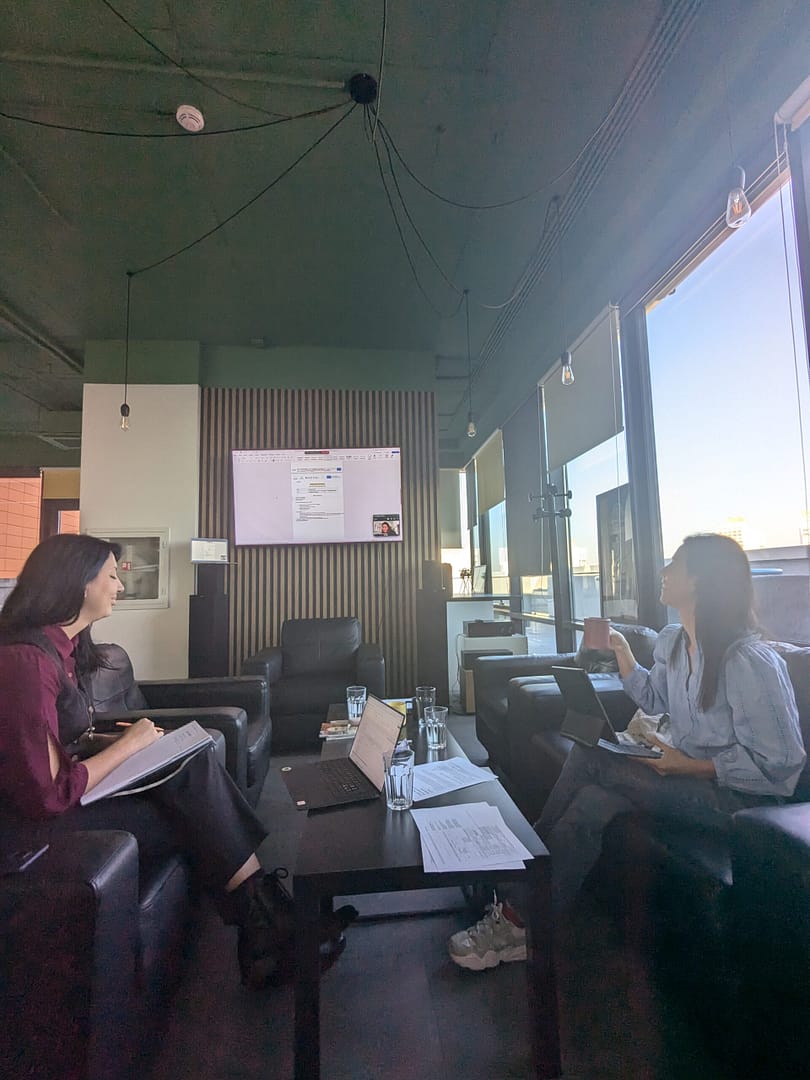Learning Outcomes:
- Participants will learn about the rights of citizens to access information about the environment, which are guaranteed by the EU.
Duration:
40 minutes
Materials needed:
- PPT Presentation
- laptop
- projector
- screen
Preparation
The trainer should prepare a presentation on the right to access information.
Description
1.The trainer starts discussing with participants about accessing environmental information and data. He/she can ask question such as:
- Do you know how to access information?
- What about information and data about the environment?
- What do you usually do if you need information and/or data about the environment?
2. After a brief discussion, the trainer will explain – through a presentation – the citizens’ rights of access to information, which are guaranteed. Main contents of the presentation:
- Access to environmental information:
If the information you want is not yet publicly available, you can use Directive 2003/4/EC to access it. This Access to Environmental Information (AIE) Directive provides that individuals have a right of access to certain environmental information held by public authorities. The public authority must respond within one month of the request
Directive 2003/35/EC deals with public participation in decision-making. It provides that Member States must ensure that mechanisms are in place to facilitate public participation in environmental decisions.
- Implementation of environmental legislation in the EU:
EU environmental legislation applies in the same way as other EU legislation. The European Commission monitors its implementation and can take individual member states to the Court of Justice of the European Communities (EU) for incorrect implementation.
Environmental crimes cover actions that violate environmental law and cause significant harm or risk to the environment and human health. These include illegal emissions or discharges to air, water or soil, illegal trade in wildlife, illegal trade in ozone-depleting substances and illegal transport or disposal of waste.
Directive 2008/99/EC on the protection of the environment through criminal law was adopted on 28 October 2008.
3. After the presentation, the trainer will start the discussion with participants on the topics explained, moving towards the debriefing
Debriefing
To encourage discussing and debriefing, the trainer can ask participants:
- What did you learn about the EU’s environmental policy? What surprised you?
- What do you know now that you didn’t know before?
- What would you like to take from this knowledge and apply it in your future work with young people?
Tips
Use real-life examples to illustrate theoretical concepts.
Handouts and resources
Access to environmental information
Directive 2003/35/EC of the European Parliament and of the Council of 26 May 2003
DIRECTIVE 2003/4/EC OF THE EUROPEAN PARLIAMENT AND OF THE COUNCIL of 28 January 2003
The trainer(s) can use these handouts for the session or create their own, as long as the same basic concepts are included (the rights of citizens to access information about the environment in EU ).
More To Explore
Co-Design Processes and Methodologies
Learning Objectives (LOs)
Mentoring methodologies and strategies
Learning Objectives (LOs)


